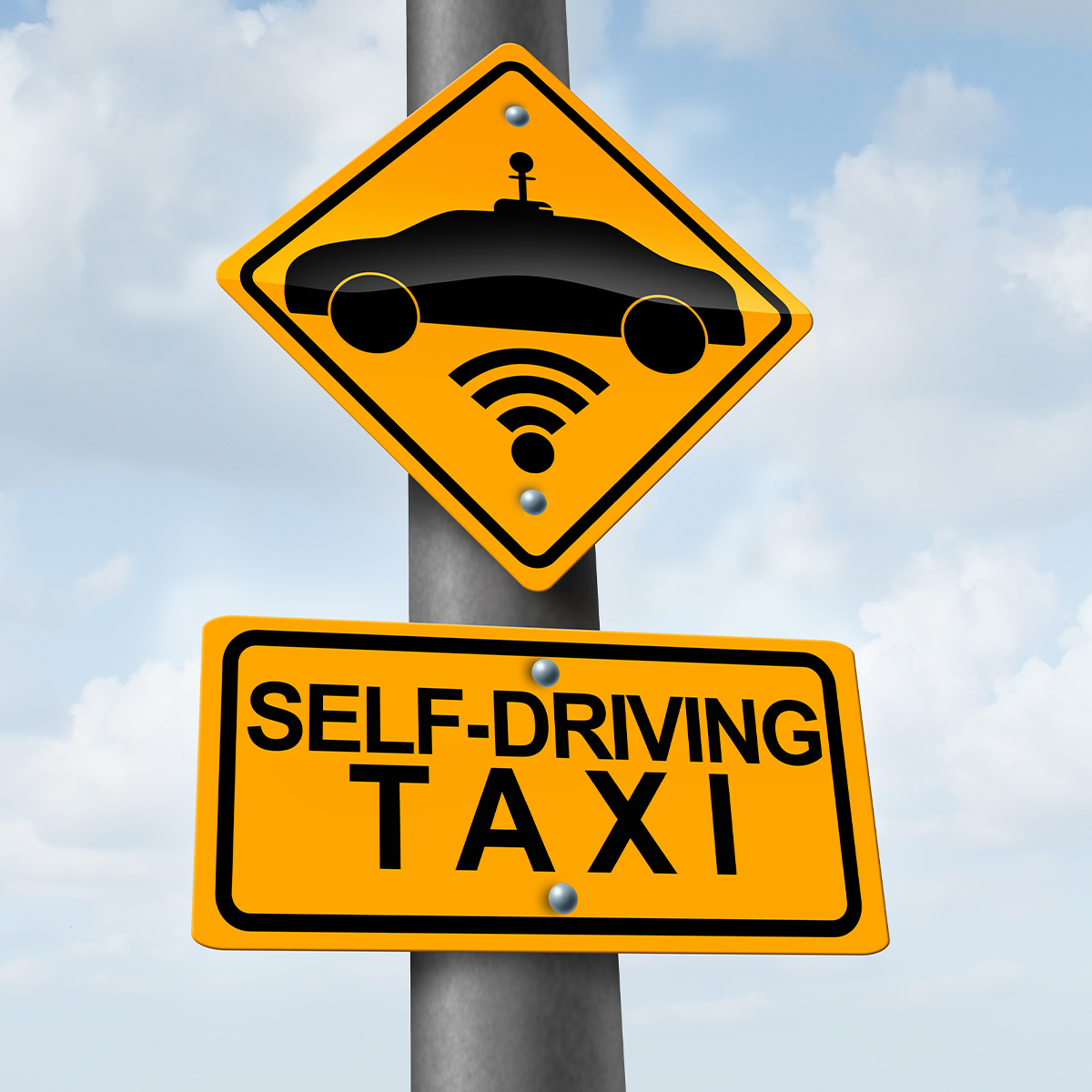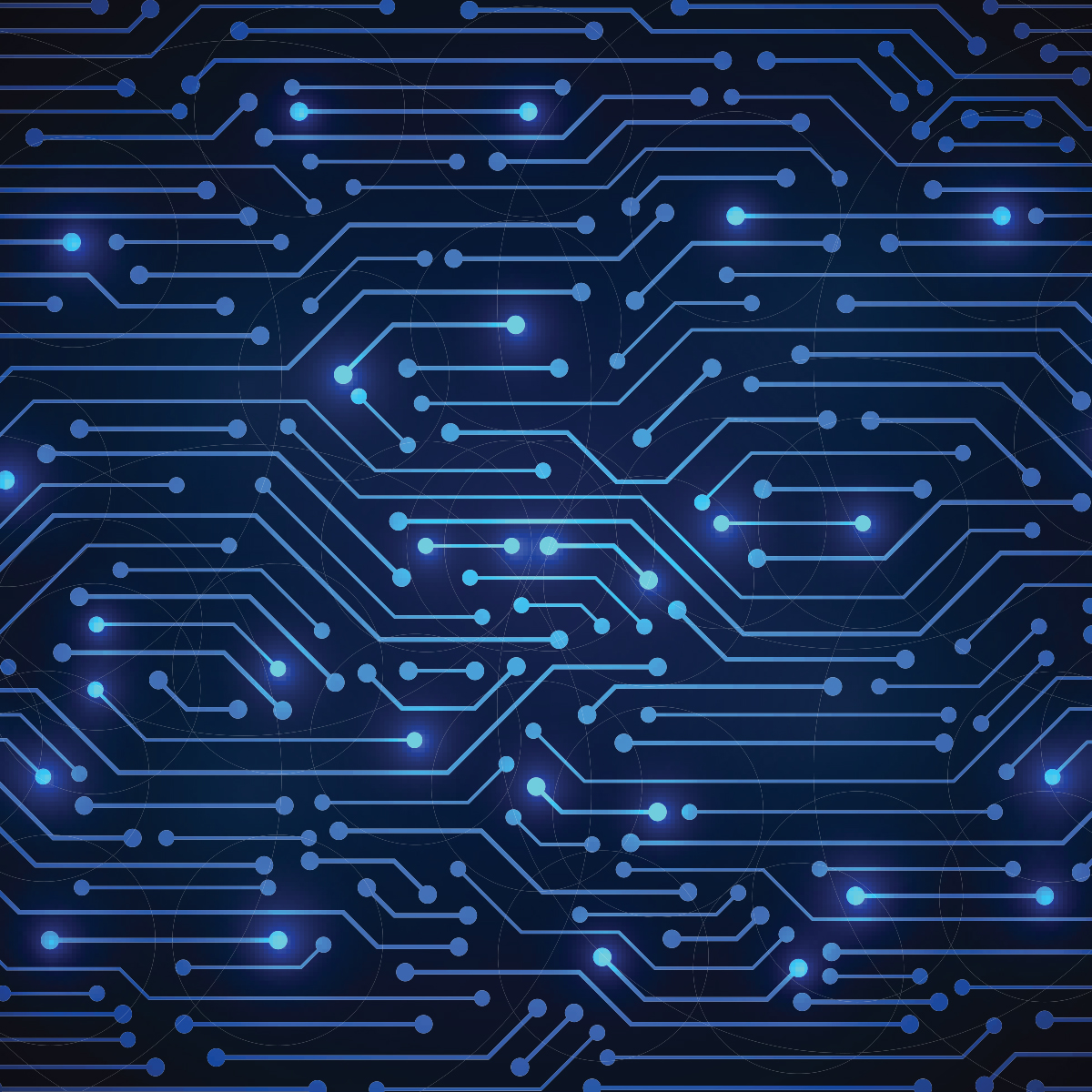-
Property & Casualty
Property & Casualty Overview

Property & Casualty
We offer a full range of reinsurance products and the expertise of our talented reinsurance team.
Trending Topics
Publication
That’s a Robotaxi in Your Rear-View Mirror – What Does This Mean for Insurers?
Publication
Cat Bonds – A Threat to Traditional Reinsurance?
Publication
Decision-Making in the Age of Generative Artificial Intelligence
Publication
Buildings Made of Wood – A Challenge For Insurers?
Publication
The CrowdStrike Incident – A Wake-Up Call for Insurers?
Publication
PFAS Awareness and Concern Continues to Grow. Will the Litigation it Generates Do Likewise? -
Life & Health
Life & Health Overview

Life & Health
We offer a full range of reinsurance products and the expertise of our talented reinsurance team.
Training & Education
Publication
When Actuaries Meet Claims Managers – Data-Driven Disability Claims Review
Publication
Chronic Pain and the Role of Insurers – A Multifactorial Perspective on Causes, Therapies and Prognosis
Publication
Fasting – A Tradition Across Civilizations
Publication
Alzheimer’s Disease Overview – Detection and New Treatments
Publication
Simplicity, Interpretability, and Effective Variable Selection with LASSO Regression Moving The Dial On Mental Health
Moving The Dial On Mental Health -
Knowledge Center
Knowledge Center Overview

Knowledge Center
Our global experts share their insights on insurance industry topics.
Trending Topics -
About Us
About Us OverviewCorporate Information

Meet Gen Re
Gen Re delivers reinsurance solutions to the Life & Health and Property & Casualty insurance industries.
- Careers Careers
Biometric Information Privacy – Statutes, Claims and Litigation [Update]

January 16, 2024
Glenn Frankel
Region: North America
English
The use of biometric information is growing by leaps and bounds. It is estimated that 245 million Americans have utilized their biometric information on their smartphones.1 Biometric information is defined as the “measurement and statistical analysis of an individual’s physical and behavioral characteristics.”2 More simply put, it is the measurable attributes and traits that make each of us unique. Examples include DNA, fingerprints, retina and iris scans, and voiceprints. The main areas of application are: (1) identification/security access, (2) employee time keeping, and (3) the technology sector.
Background in Illinois
In 2008, the Illinois General Assembly passed the Biometric Information Privacy Act (“BIPA”) by a 113‑0 vote.3 Intended as a consumer protection law to safeguard the collection, usage, and storage of biometric information, BIPA’s private right of action and mandated statutory damages have driven a different result.
Verdicts and Settlements – Rogers v. BNSF was the first BIPA class action verdict rendered.4 In October 2022, a jury determined that BNSF Railway Co. was liable for more than 45,000 violations of BIPA, and the judge calculated damages under the statutory formula to be $228 million (45,600 violations times $5,000). Separately, reported settlements include matters resolved for $35 million, $36 million, $50 million, $92 million, $100 million, and $615 million, just to name a few.5 Notably, none of the reported verdicts or settlements alleged specific instances of data breaches or identity theft. Rather, all involved alleged non-compliance with the strict statutory requirements.
Court Decisions – The legal landscape has developed rapidly since 2019, with courts holding under BIPA that:
- Recovery does not require injury-in‑fact.6
- Workers’ Compensation laws do not bar recovery.7
- A five-year statute of limitations governs BIPA claims (as opposed to one- and two‑year limitations courts previously relied on).8
- Liquidated damages accrue per scan/collection of information as opposed to per claimant.9
Illinois’ BIPA Updates
There were 250 BIPA class actions filed in Illinois in 2022.10
White Castle – On February 17, 2023, the Illinois Supreme Court issued its ruling in Cothron v. White Castle that each scan/collection of biometric information constitutes a separate BIPA violation.11 Shortly thereafter, White Castle declared that its resulting exposure in that matter could exceed $17 billion.12 As a result of the White Castle decision potentially expanding liability exponentially for BIPA violations, in the two months following the ruling BIPA filings jumped 65%.13 Overall, in the first four months of 2023 there were 180 BIPA lawsuits filed.14
Given its impact, it is worth digging into the White Castle decision a bit. Overall, the majority opinion relied upon the plain language of the statute to determine that a violation occurs upon each scan/collection of biometric information (as opposed to per claimant).15 Nonetheless, the court made special note of White Castle’s argument that such an interpretation would entangle Illinois businesses in “’astronomical’ damages awards that would constitute ‘annihilative liability’ not contemplated by the legislation and possibly be unconstitutional.”16 Further, the court noted that “the General Assembly chose to make damages discretionary rather than mandatory,” and specifically called on the Illinois legislature to “review these policy concerns and make clear its intent regarding the assessment of damages under the Act.”17 Separately, two dissenting opinions were penned and included the following:
- “I see nothing in the Act indicating that the legislature intended to impose cumbersome requirements or punitive, crippling liability on corporations for multiple authentication scans of the same biometric identifier. The legislature's intent was to ensure the safe use of biometric information, not to discourage its use altogether.”
- “The legislature never intended the Act to be a mechanism to impose extraordinary damages on businesses or a vehicle for litigants to leverage the exposure of exorbitant statutory damages to extract massive settlements.”
- “[I]n the more than 1700 cases filed since 2019, no case involved a plaintiff alleging that his or her biometric data has been subject to a data breach or led to identity theft.”18
Rogers v. BNSF Update – As stated above, Rogers v. BNSF was the first BIPA case to proceed to trial and resulted in an award of $228 million. On June 20, 2023, the court vacated the entry of judgment and ordered a new trial solely to determine damages.19 Subsequently, the parties agreed to settle, but no details have been made public to date.20
Wilcosky v. Amazon – This case involves a class action filed on behalf of all individuals that spoke to an Amazon Alexa device anywhere in the state of Illinois, alleging BIPA violations stemming from voiceprints.21 On October 31, 2023, U.S. District Judge Franklin Valderrama, although recognizing that it was a “close call,” rejected Amazon’s motion to dismiss and ruled that the case can proceed.22 Moreover, the ruling provides that even individuals who did not own a device could join the class if they spoke to Alexa just one time, on an appliance in another individual’s home, despite Amazon’s warning that such an interpretation would place “Amazon and other technology providers in an impossible position, and effectively outlaw most biometric technology in Illinois.”23
Mosby v. Ingalls Memorial Hospital – Class action was filed by a registered nurse alleging that the hospital’s finger-scan device utilized to access the medication dispensing system collected biometric information from staff in violation of BIPA.24 On November 30, 2023, in an important victory for health care providers, the Illinois Supreme Court overturned a state appeals court and ruled that a BIPA exclusion applied. After a very detailed analysis of the statutory language, the court determined that BIPA did not apply to biometric information provided by healthcare workers for treatment purposes (as opposed to employee time management).
National Fire Insurance Co. v. Visual Park Co. – Underlying class action brought on behalf of employees of a temporary staffing agency.25 Plaintiffs alleged that fingerprint scans were utilized to collect biometric information without their consent in violation of BIPA. Regarding coverage, on December 19, 2023 an Illinois appellate court affirmed the lower court’s holding and ruled that CNA did not have a duty to defend due to the application of a broad violation of law exclusion. Notably, the court referenced a Seventh Circuit decision that reached the opposite conclusion, but specifically stated that “we believe that this federal decision was wrongly decided and decline to follow it.”
Other notable developments include:
- Compliance – Businesses located or conducting business in Illinois continue to seek legal counsel and focus on compliance efforts.
- Coverage – Most of the litigation to date has been under CGL policies, but there is still much to play out, including whether coverage is ultimately sought under other lines of coverage (e.g., Directors & Officers, EPLI and Cyber).
Biometric information privacy concerns are not limited to Illinois. Other states continue to consider biometric information privacy legislation, including some versions that, similar to BIPA, allow for private rights of action.
Recommended Insurer Actions
While biometric privacy issues are still developing everywhere, there are actions insurers can take now, including:
- Seek legal counsel
- Continue to track/monitor existing and potential biometric privacy legislation where business is written
- Ensure biometrics are part of the underwriting and investigatory processes and guidelines
- Exclude biometric information privacy exposure as appropriate and in accordance with applicable case law
Much uncertainty still surrounds biometric information privacy on the legislative, liability, and coverage fronts; this remains an area that warrants close, continued scrutiny by the insurance industry.
This blog serves as an update to our original article published in April 2023.
*This blog has been prepared for informational purposes only and does not constitute legal advice. It is not intended to serve as a substitute for your own underwriting, claim or legal reviews.
- Adam Grucela, “70+ Biometric Statistics, Facts, and Trends [2023],” June 10, 2023, https://passport-photo.online/blog/biometric-statistics/#gref
- https://www.techtarget.com/searchsecurity/definition/biometrics
- H.R. Debate Transcript, 95th Gen. Assemb. No. 276, p. 250
- Skye Witley, “First Illinois Biometric Privacy Trial Ends in BNSP Loss (2)", October 12, 2022, https://news.bloomberglaw.com/privacy-and-data-security/first-illinois-biometric-privacy-jury-trial-ends-in-bnsf-loss
- Chris Green, “Snapchat settles Illinois class-action lawsuit for $35M. Here’s how to file a claim,” USA Today, August 23, 2022, https://www.usatoday.com/story/tech/2022/08/23/snapchat-illinois-class-action-lawsuit-settlement-35-million/7876602001; Sarah Mansur, “Six Flags Great America agrees to $36M settlement over use of finger-scan entry gates,” Capital News Illinois, June 15, 2021, https://www.sj-r.com/story/news/courts/2021/06/15/amusement-park-agrees-36-m-settlement-over-alleged-bipa-violations/7700999002; Heather Isringhausen Gvillo, “McDonald’s reaches $50 million preliminary BIPA settlement; Class members have until February 9 to file claim or opt out,” Madison‑St. Clair Record, February 7, 2022, https://madisonrecord.com/stories/619750163-mcdonald-s-reaches-50-million-preliminary-bipa-settlement-class-members-have-until-feb-9-to-file-claim-or-opt-out; and “Google, Facebook and More: A Roundup of Settlements Surrounding Illinois’ Biometric Privact Act,” NBC Chicago/NBC News, Updated August 25, 2022, https://www.nbcchicago.com/news/local/google-facebook-and-more-a-roundup-of-settlements-surrounding-illinois-biometric-privacy-act/2923461
- Rosenbach v. Six Flags Entm’t Corp., 2019 IL 123186, 129 N.E.3d 1197, 2019 Ill. LEXIS 7, 432 Ill. Dec. 654.
- McDonald v. Symphony Bronzeville Park, LLC, 2022 IL 126511, 193 N.E.3d 1253, 2022 Ill. LEXIS 194, 456 Ill. Dec. 845.
- Tims v. Black Horse Carriers, Inc., 2023 IL 127801, 2023 Ill. LEXIS 144.
- Cothron v. White Castle Sys., 2023 IL 128004, 2023 Ill. LEXIS 146.
- Howard P. Goldberg, “BIPA decisions illustrate challenges facing companies and insurance providers,” September 5, 2023, https://www.reuters.com/legal/legalindustry/bipa-decisions-illustrate-challenges-facing-companies-insurance-providers-2023-09-05/#:~:text= Compounding%20the%20litigation%20risk%20companies,%2C%20attorney%20fees%2C%20or%20costs
- Ibid at note 9.
- Daniel Wiessner, "White Castle could face multibillion-dollar judgment in Illinois privacy lawsuit,” February 17, 2023, https://www.reuters.com/legal/white-castle-could-face-multibillion-dollar-judgment-illinois-privacy-lawsuit-2023-02-17
- Stephen Joyce, Skye Witley, “Illinois Biometric Privacy Cases Jump 65% After Seminal Ruling,” May 2, 2023, https://news.bloomberglaw.com/privacy-and-data-security/illinois-biometric-privacy-cases-jump-65-after-seminal-ruling
- Ibid at note 10.
- Ibid at note 9.
- Ibid.
- Ibid.
- Ibid.
- Rogers v. BNSF Ry. Co., 2023 U.S. Dist. LEXIS 113278 F.Supp.3d.
- Henrik Nilsson, “BNSF Inks Deal After First BIPA Trial’s $228M Verdict Tossed,” September 18, 2023, https://www.law360.com/articles/1723116/bnsf-inks-deal-after-first-bipa-trial-s-228m-verdict-tossed
- Wilcosky v. Amazon: Case: 1:19‑cv‑05061 Document #: 207 Filed: 10/31/23
- Ibid.
- Ibid.
- Mosby v. Ingalls Mem’l Hosp., 2023 IL 129081, 2023 Ill. LEXIS 1016
- Nat’l Fire Ins. Co. of Hartford v. Visual Pak Co., 2023 IL App (1st) 221160, 2023 Ill. App. LEXIS 482





